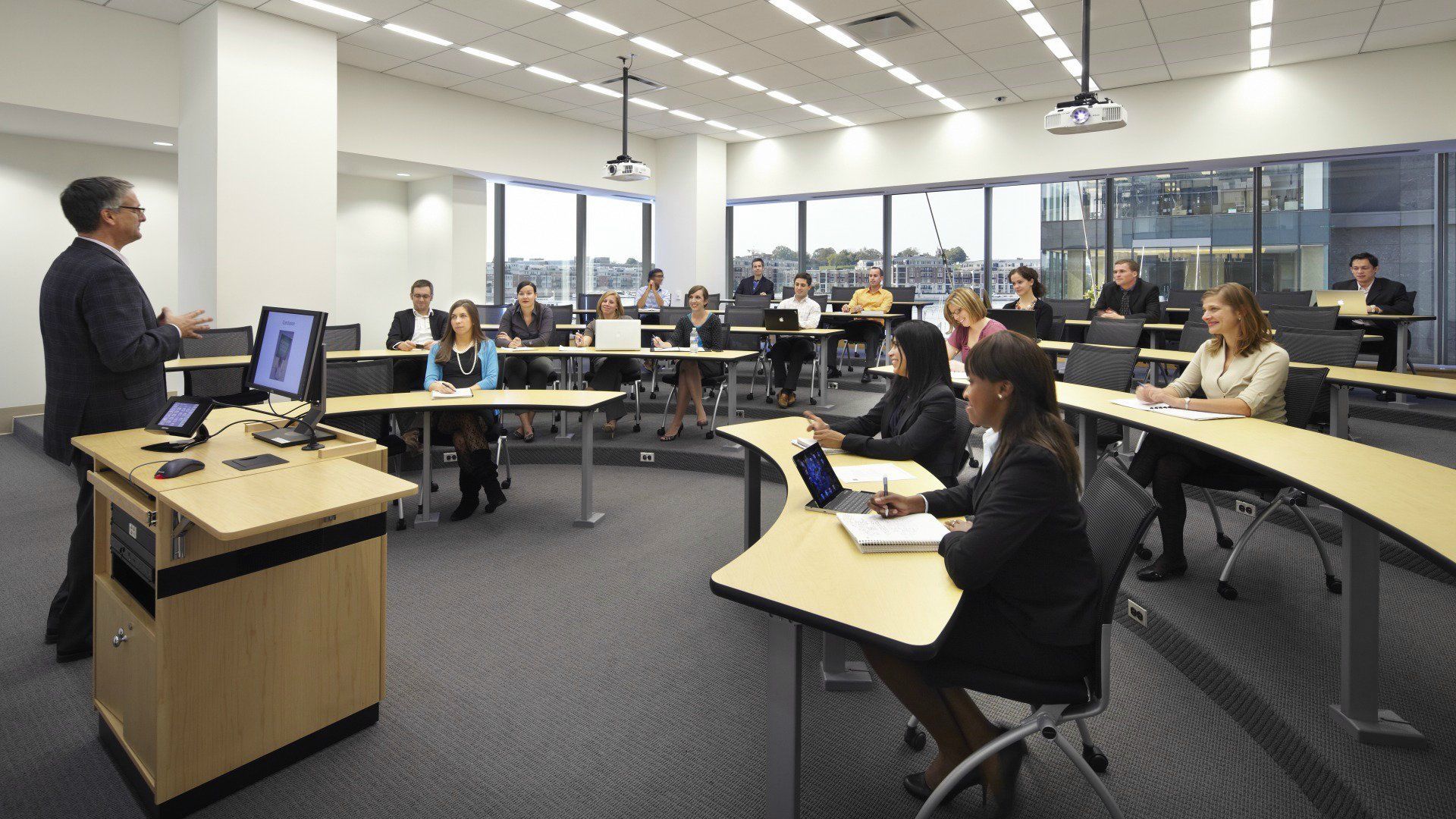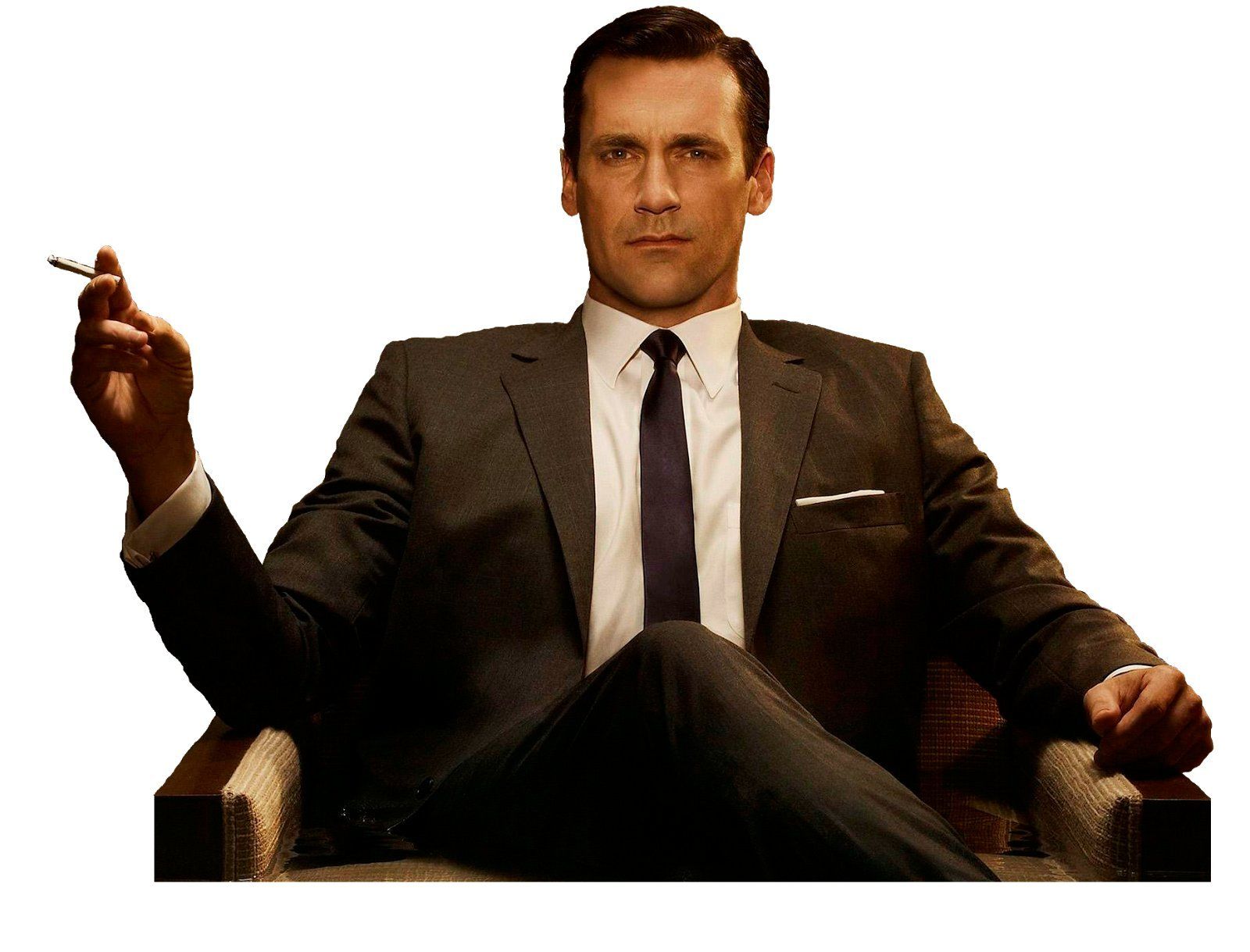A metallic clang. The sudden, jarring stop. My coffee, half-way to my lips, sloshed precariously close to the brim. Not the first time. The building, supposedly cutting-edge, had a habit of these momentary arrests, like a thought catching in the throat. I pressed the ‘door open’ button, then ‘call,’ then ‘door open’ again, a pointless ritual I’d performed perhaps 16 times in the last 6 months. It was a familiar frustration, a tiny snag in the meticulously planned fabric of a workday, yet it always felt like a betrayal. We build these towering monuments to frictionless living, promising swift ascent and effortless navigation, only to find ourselves suspended between floors, a captive audience to our own impatience. What an astonishing 6-second glimpse into the illusion of control.
My breath hitched. The stale air in the small metal box felt suddenly heavier, thicker. There was a faint, almost imperceptible groan from the mechanics above, then silence, save for the hum of the emergency light. My stomach did a nervous flip. That familiar knot of frustration tightened in my chest. It wasn’t just the delay, though that was part of it. It was the absolute helplessness, the sudden, brutal reminder that despite all our smart tech and meticulously engineered schedules, we are utterly reliant on systems we neither control nor fully understand. A system designed for maximum throughput, for moving 26 bodies per minute, had failed in the most basic way,


































